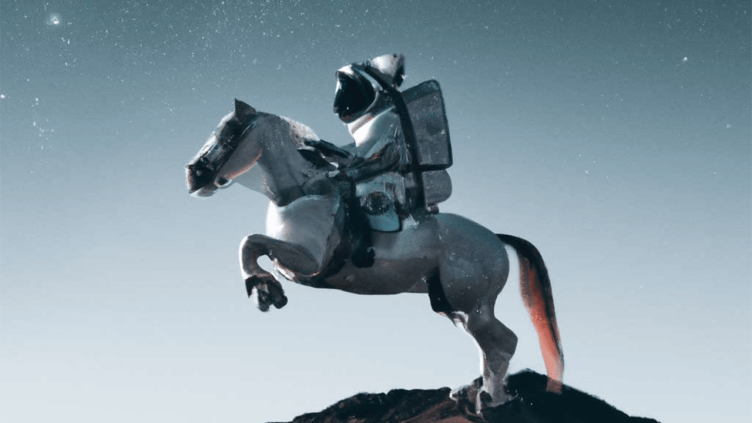Introduction:
Welcome to the Media Lab, an exciting and dynamic course designed to ignite your passion for innovation, creativity, and problem-solving. As you embark on this journey, you'll find yourself at the intersection of technology and human creativity, ready to tackle real-world challenges head-on.
In today's rapidly evolving digital landscape, the ability to identify and solve complex problems is a hallmark of a true master. This course is your opportunity to hone those skills and become a master of science who can navigate the complexities of our modern world.
Why Media Lab?
Media Lab recognizes that to truly develop your attitude and expertise, you need more than traditional classroom learning. We believe that challenges are not obstacles but opportunities to push your boundaries, test your skills, and grow as a professional.
In this challenge-driven project course, you will delve into the theme of "AI for Creativity." You'll explore how generative AI can revolutionize media and interaction design.
How to Learn?
Our approach is rooted in the philosophy of learning by doing, championed by John Dewey. This is constructivist learning, where you'll construct your own understanding of the world by actively reflecting on your experiences.
Join Us in the Media Lab!
In the Media Lab, you won't just learn about AI – you'll become a creator, innovator, and problem-solver. We invite you to be a part of this enriching experience where you will work collaboratively with your peers to develop prototypes, proof-of-concepts, and groundbreaking solutions.
The theme of this year's course is "AI for Creativity," and we're excited to explore how generative AI can shape the future of media and interaction design. If you're ready to embrace challenges, push boundaries, and transform ideas into reality, then this course is tailor-made for you.
